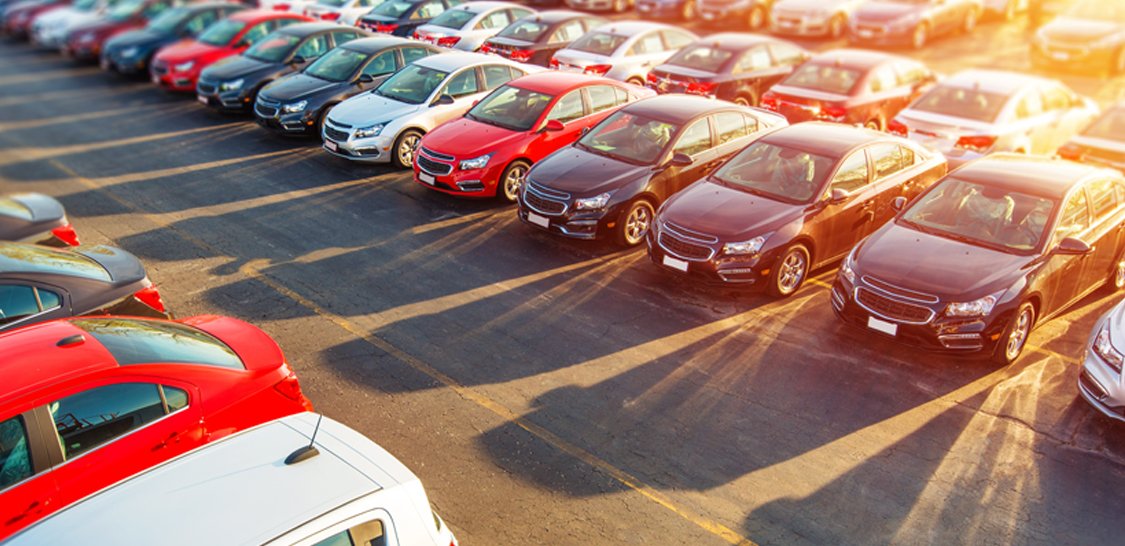A 20 percent decline in September U.S. car sales. Gross margins on new and used autos dropping by nearly half in less than a decade. The impact of technological advances like Mobility as a Service (MaaS) and automatic vehicles on sales, service and repair profits. These are just a few of the data points and trends that point to an uncertain and challenging business climate for today’s auto dealers.
Planning to adapt to a new landscape
For owners of auto dealerships, the writing is on the wall – “business as usual” is unsustainable amidst the forces of automation and shifting priorities around car ownership. Industry studies predict that under the current business model, dealer fixed costs will soon exceed gross profit. Couple these factors with the generational shift in ownership that cuts across all industries and it becomes clear that auto dealers must undertake strategic planning and make some significant decisions about the future of their businesses.
The dealership of the future will undoubtedly look much different than the present. A thorough strategic planning process allows owners to assess the current state of their dealerships, contrast it with their envisioned future and identify opportunities for success and growth in the new landscape. With assistance from a trusted business advisor like RKL, the strategic planning process can help owners select which option they’ll take to survive: cost reduction strategies or consolidation.
Reinvent your dealership with cost reduction strategies
Analysts estimate that mass-market dealers will have to cut fixed costs by 45 percent to make up for slimmer margins on sales, which means sharp cuts in rental expenses, floor plan interest and employee head count. While some of these changes may need to be implemented with the blessing of the manufacturer, below are some cost reduction strategies that dealership owners may want or need to consider.
Today’s auto dealers have rows and rows of cars on site for test drives and purchase, with showrooms that display the latest models and features. Tomorrow’s auto dealer may eliminate this costly inventory and embrace technology to become a hub for buying, renting or borrowing a vehicle or charging an electric vehicle during off-hours. Instead of the traditional showroom, think the Apple Genius Bar. A dealer’s online presence becomes even more important if the budget for a team of sales associates is no longer an option.
Beyond auto sales, the service and repair aspect of the dealership could also shape-shift. Smaller dealers may find it hard to maintain individual service centers due to ongoing costs and reduced need for repairs. Banding together with other local dealerships in a joint service center where bays are leased can realize synergies and drive down expenses.
Not only will a smaller sales force be necessary in the dealership of the future, an in-house financing team may also become an antiquated notion. Instead of hiring employees to handle financing, dealers may wish to consider partnering with a local bank or credit union to facilitate pre-approvals and loan set-up. In addition to the costs saved on the dealer’s end, there may also be a marketing benefit from partnering with a popular financial institution and the increased convenience may be a draw for customers as well.
Prepare for consolidation
Dealership consolidation has long been a trend in the industry; however, the record pace of recent dealership transactions indicates that consolidation is here to stay. Two hundred dealerships changed hands in 2017 alone and activity in 2018 to date suggests that it will be another record-setting year.
Just what is behind this robust activity? Many in the industry believe it is a response to market trends, shrinking margins and the emergence of large buyers. Auto retail giants, private equity groups and international buyers have aggressively pursued auto dealer acquisitions over the past several years to gain economies of scale and prepare for what the future holds.
RKL helps dealers design a new future
Dealers of all sizes should consider the current business climate as rich with opportunities. The potential exists to completely reinvent their business model by diversifying and innovating. Those looking for succession can focus on positioning their business as an attractive acquisition opportunity. Earnings growth, real estate values, market penetration and customer relationships will all drive valuation multiples.
RKL stands apart for the innovative and cross-disciplinary approach it takes to help auto dealers achieve their unique goals. Ready to tap into our strategic planning expertise and deep industry experience? Contact us via the form at the bottom of this post.




